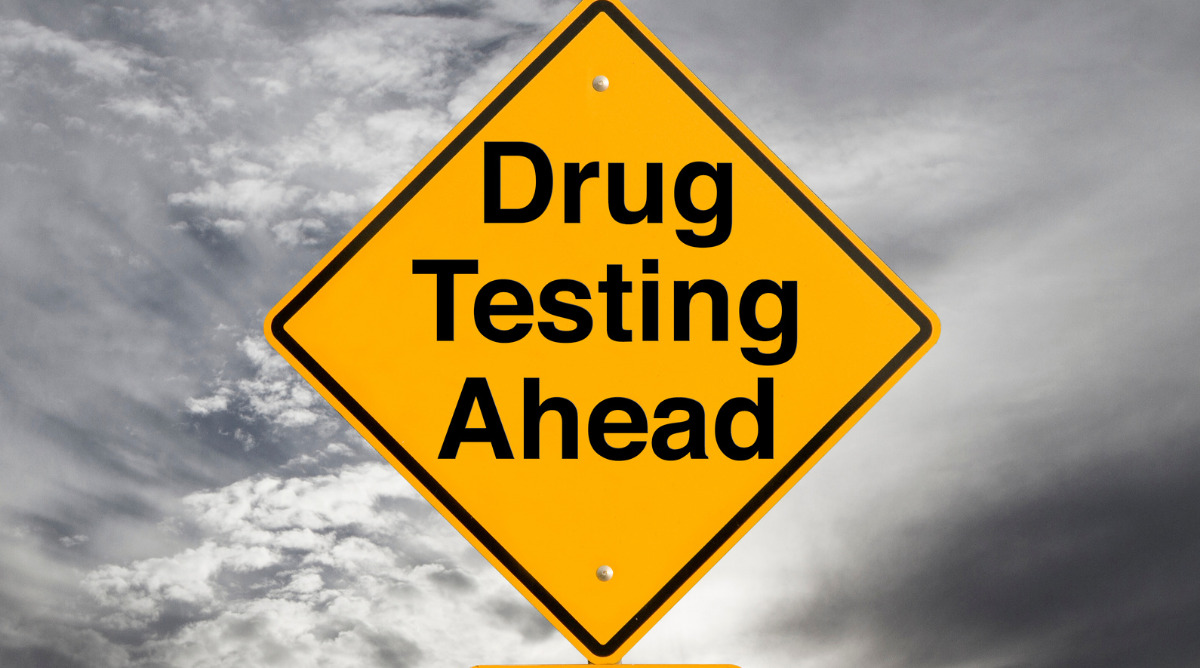
You know how much talent it takes if you know a code warrior or developer that writes programmatic language. And years of learning in order to create using software language that is above pay grade and skill of most mortals. It’s not surprising that a study confirmed many IT professionals are using cannabis to code.
Today, developers are highly sought after in every sector, from financial services to marketing, SAAS (software as a service), cybersecurity, and other roles. And because developers and code writers are in such demand, there are rarely enough talented people to fill those roles.
A new study suggests that about one-third (33.3%) of IT professionals use cannabis to code. And that was before remote work became the norm during the Covid-19 health crisis. When social distancing sent even more I.T. and professionals to work from home, employers began evaluating the new normal of work and life balance.
Would employees who work from home during the pandemic use cannabis to moderate stress? Particularly social isolation and health-related anxieties? Yes. Would it have a dire impact on performance for remote workers? So far, there has been no evidence to suggest a problem.
And now, a new study confirms what most employers already knew; cannabis use during the workday is happening. But it isn’t correlating with any apparent performance problems for most employees. In fact, it may be helping them to remain more productive.

The proof doesn’t get more apparent than a problem with recruitment. In 2020, technology leaders like Amazon and Google made affirmations about drug testing of employees. They weren’t going to do it anymore for various reasons.
The other companies that clarified their stance about not drug testing employees also included:
Many other technology companies did say that random testing was possible if employee performance was impacted. But the frequency of random testing was not scheduled or rare. This means that employees and new hires had little to fear about ongoing spot checks for drug use. Including using cannabis to code, if it helps them perform better.
The majority of American states have legalized medical cannabis use. And in eighteen states (at the time of writing), adult or recreational use has been legalized as well. That means cannabis is just as legal to buy and use as an alcoholic beverage. Providing you are over the age of eighteen years.
Employers don’t test for alcohol use either, do they? Because it is understood that if an employee chooses to use alcohol after work hours, it is acceptable. And for many people, getting a medical cannabis card isn’t difficult if they have a common health problem.
Any company today with a staunch random testing policy faces a different problem. Hiring or recruitment as well as retention of talent. And that is because medicinal use of cannabis is prevalent. And very common, particularly for high-stress jobs.

Some employers have also suggested that repealing mandatory random drug tests has improved the recruitment of new talent. And retention of high-performing employees, particularly in competitive business sectors. Where traditionally, companies have seen higher than normal levels of talent loss.
Think about a cease-fire of random drug testing as the ultimate perk. Suppose you are a registered patient with a medical card. In that case, you don’t have to fear the possibility of a random test, which would be unfair if you qualified for a medical card and opted to use cannabis for symptom management.
Employers cannot test to find out when you used cannabis. For example, a positive urine test for THC demonstrates the presence of cannabis in the body. But it doesn’t determine if marijuana is used evenings and weekends to help manage symptoms.
Standard urine tests can determine cannabis was used in the past 3 to 30 days, in most cases. Some people who are heavy cannabis users (or those that use concentrates) may have cannabis detected in blood or urine samples after thirty days. Again, it doesn’t prove conclusively when legalized cannabis was used. So the point, for many employers, is now moot.
VICE published an interesting article in September 2021; “Companies are Getting Rid of Drug Tests Because They Can’t Find Enough Workers.” Writer Gavin Butler argues that the pandemic-influenced labor shortage is already causing hiring problems. And that removing randomized employee drug tests could be viewed as an act of survival for businesses.
In the article, an important global study from ManpowerGroup was discussed. And the survey revealed that 9% of employers were removing randomized drug testing. In the survey, that meant 4,050 employers in 43 countries worldwide. So, it is not just happening in the United States. It acknowledges that in the tech sector, using cannabis to code is common.
According to the study from ManpowerGroup, global labor shortages remain at a 15-year high even though the United States, India, and Canada remained among the strongest countries in terms of hiring potential workers.
The global labor study also revealed that 69% of employers worldwide are still experiencing a talent shortage. To compensate for this, employers have been offering a wider range of incentives to recruit new talent, including:
Interestingly, however, only 25% of managers in the survey reported that they feel confident or happy about remote work arrangements. Or managing a remote team. Even though, for various reasons, work from home accommodations remain a top perk for employees—both in terms of recruiting talent and retaining skilled staff.

Using cannabis in a conventional workplace would never be allowed. But with the migration of professionals to remote work (from home), the rules have changed a little. And while companies fall short of endorsing cannabis use during work hours (for obvious reasons), it does not mean it’s not happening. And that employers are not aware of it.
A new study from researchers at the University of Michigan suggests that programmers or developers are more likely to use cannabis to spark creativity. Writing line after line of code, or evaluating code to fix problems, takes analytical skill. And finding new approaches to solving issues also requires thinking out of the box.
That sounds like a job for Sativa. While the study did not report a preference for Indica or Sativa. But Sativa’s are known for stimulating energy, creativity, reducing anxiety and stress to promote clarity of critical thinking. And so, it is not surprising. The study estimates more than one-third of software programmers use marijuana while working.
The survey from the University of Michigan was the first large-scale study, interviewing over 800 developers. One purpose of the study was to determine perks and benefits that would recruit and retain IT professionals. For more than 30% of respondents, that would be the absence of random drug testing.
Read: “Hashing It Out: A Survey of Programmers’ Cannabis Usage, Perception, and Motivation.”
On the heels of many tech companies announcing the end of random employee drug testing is data that supports that decision. Employers competing for scarce human capital in technology, finance, or business services sectors will have to shift. And adopt a less conservative policy about cannabis and the workplace.
Particularly in the tech sector, companies that offer remote work without the fear of random drug testing are poised to win scarce talent. And the competitive advantage regionally and globally.
No Information on MarijuanaDoctors.Com should be used to diagnose, treat, prevent or cure any disease or condition. You can view our Full Disclaimer here.